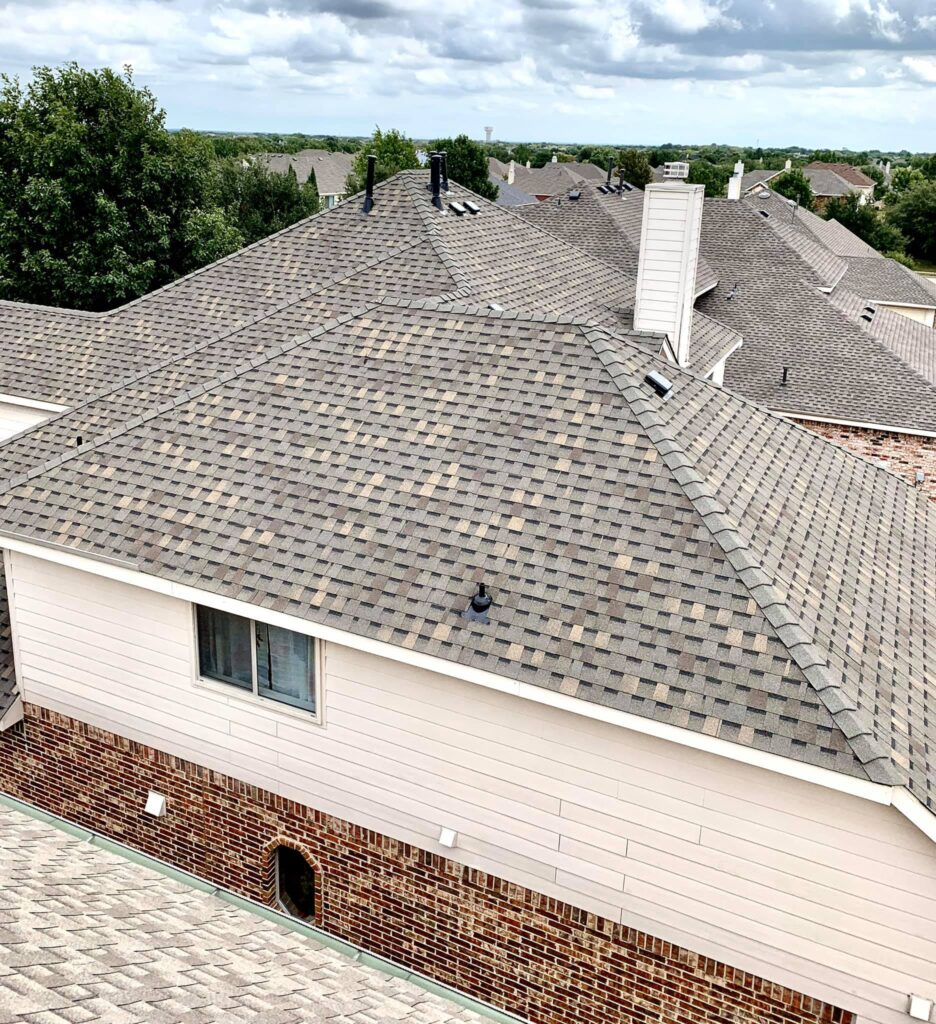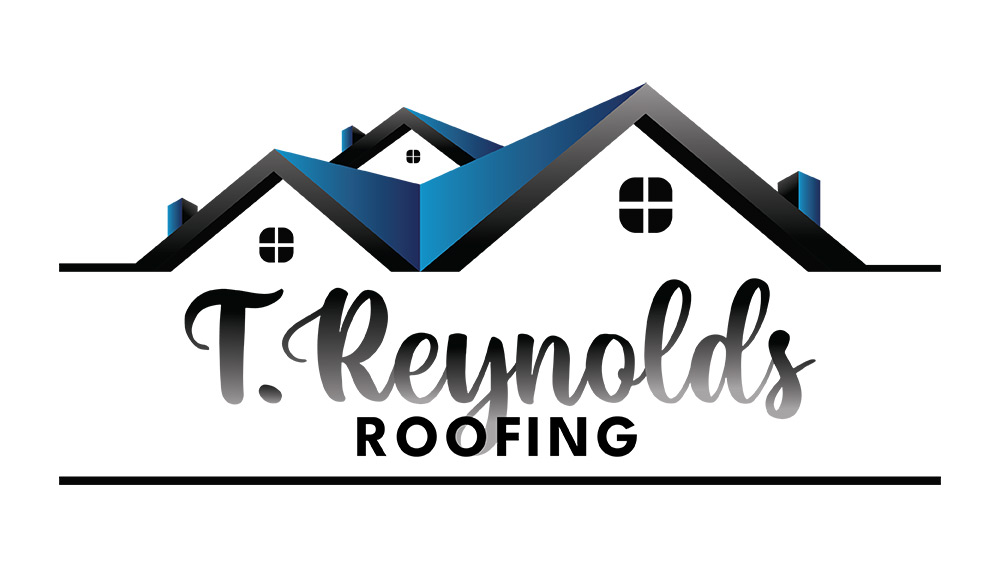House Roof
A well-constructed roof is essential to keeping a home dry and protected from the elements. A good roof will also last for many years, with minimal maintenance required. There are many different types of roofs available on the market, each with its own benefits and drawbacks. It can be difficult to decide which type of roof is best for your home. In this article, we will explore the various types of roofs available, and discuss the pros and cons of each one.
Asphalt shingles are the most common type of roofing material in the United States. They are affordable, easy to install, and last for 20-30 years with proper maintenance. Asphalt shingles come in a variety of colors and styles, making it easy to find a look that compliments your home. However, asphalt shingles are not the most durable type of roofing material and can be damaged by high winds or hail.
Wooden shingles are another popular option for roofs. They offer a more traditional look than asphalt shingles and can be stained or painted to match the exterior of your home. Wood shingles are also very durable and can last up to 50 years with proper care. However, wood shingles are more expensive than asphalt shingles, and require more maintenance.

House Roof
Metal roofs are becoming increasingly popular in recent years. Metal roofs are extremely durable and can last up to 100 years with proper care. They are also fire resistant, and can reflect heat away from your home, helping to keep it cooler in the summer. Metal roofs are available in a variety of colors and styles, making it easy to find a look that compliments your home. However, metal roofs are more expensive than other types of roofing materials and can be noisy during rain or hailstorms.
Slate is a natural stone that has been used for roofing for centuries. Slate roofs are extremely durable and can last up to 150 years with proper care. Slate is also fire resistant and can reflect heat away from your home. However, slate roofs are very expensive, and can be difficult to install.





